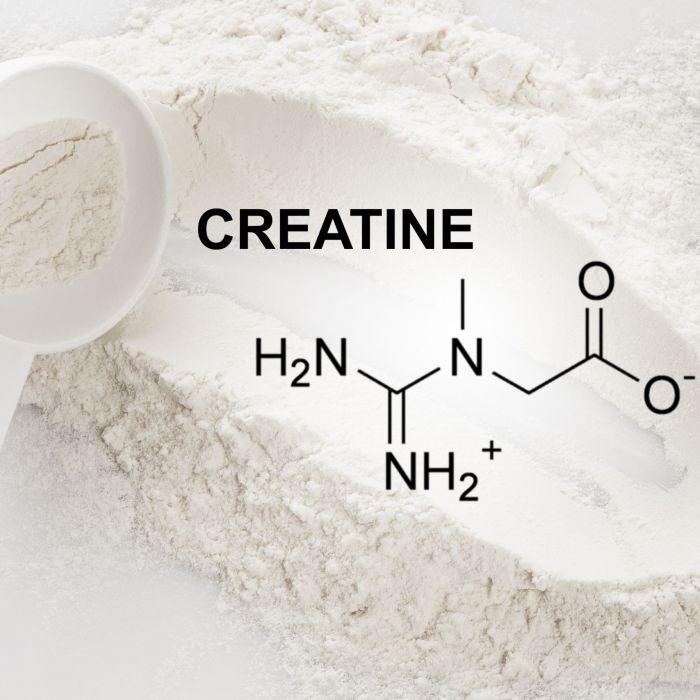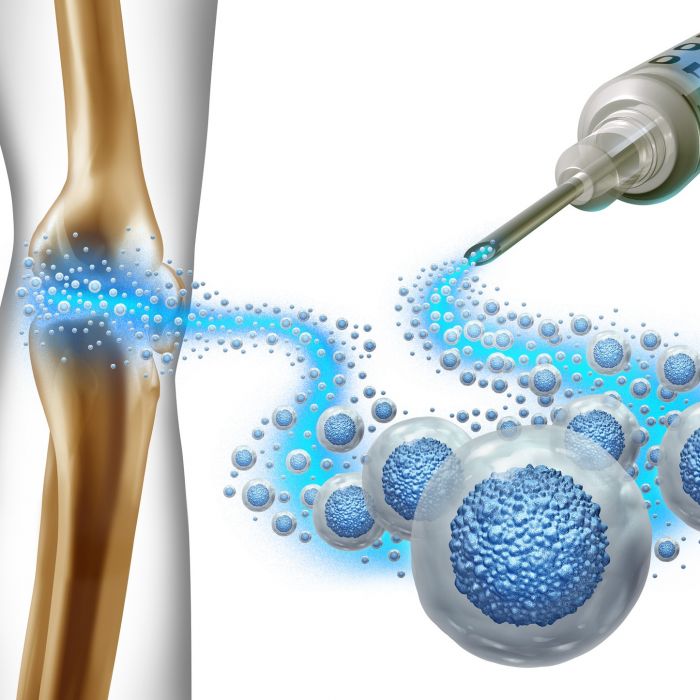Regenerative peptide therapy, a rapidly advancing facet of modern medicine, is transforming how we approach age-related disorders, injury recovery, and chronic diseases. These peptides – short chains of amino acids – play a crucial role in stimulating various cellular processes, hence fostering tissue repair and healing. But like most therapies, its success hinges on personalization. As health conditions and individual needs vary, it’s important that regenerative peptide therapy be tailored for optimal therapeutic outcomes. Herein, we explore why personalization is a necessity rather than a luxury in regenerative peptide therapy.
Peptides and Their Role in Regeneration
Peptides are involved in various bodily functions, from modulating immune responses to facilitating cellular communication. When deployed as therapeutic agents, they stimulate cells to undergo repair and regeneration, a process that’s beneficial for ailments such as musculoskeletal injuries, neurological disorders, skin conditions, and more.

Understanding Patient Variability
Healthcare is swiftly moving towards personalization, recognizing the spectrum of genetic, environmental, and lifestyle influences that render patients unique. This variability is even more pronounced in the context of peptide therapy. Here are key reasons why:
- Genetic Diversity: Genomic variations can affect how individuals respond to specific peptides. For example, a peptide that stimulates growth factors effectively in one individual may be less effective in another due to variations in gene expression.
- Health Status: People’s health conditions also impact the effectiveness of peptide therapy. A chronically ill patient might require a different peptide strategy compared to a relatively healthy individual.
- Aging: Aging, a complex interplay of biological factors, profoundly affects the body’s regenerative capabilities. Older individuals may require different peptide therapies compared to younger ones to overcome the decline in regenerative potential.
- Lifestyle Factors: Lifestyle factors like diet, sleep, and exercise can influence the effectiveness of peptide therapy. For instance, a sedentary lifestyle might necessitate more aggressive peptide therapy to stimulate cellular repair compared to an active individual.
Personalizing Peptide Therapy: Steps Forward
Adopting a personalized approach to peptide therapy requires understanding a patient’s genetic makeup, health status, age, and lifestyle. This information forms the foundation of a tailored therapeutic plan that maximizes benefits and minimizes potential risks. Key steps include:
- Individual Assessment: Initial comprehensive assessments help clinicians determine the optimal peptide regimen for each patient. This involves reviewing medical history, conducting genetic tests, assessing lifestyle factors, and monitoring biomarkers related to specific health conditions.
- Tailored Therapeutic Plan: Based on assessment results, clinicians can devise a peptide therapy plan that caters to a patient’s specific needs. This might involve selecting specific peptides, determining suitable dosages, and outlining the course of treatment.
- Continuous Monitoring: Regular monitoring throughout the therapy helps track progress, adjust treatment as necessary, and ensures safety. This step is crucial as patients might respond differently to therapy over time.
- Outcome-Based Adjustments: Treatment plans should be flexible and adapt to patients’ evolving needs and responses. Continuous reassessment ensures that therapy remains effective and relevant.
Challenges and Future Perspectives
Personalization of peptide therapy is a promising approach but not without its challenges. There are numerous peptides, each with different functions, making it complex to identify the best match for each patient. Furthermore, genomic testing and continuous monitoring require resources and expertise. It’s also important to ensure patient privacy in the process of collecting and analyzing personal data.
As research progresses, our understanding of peptides and their therapeutic potentials will refine. Artificial Intelligence and machine learning offer promising avenues for interpreting complex genetic data and predicting patient responses. These advancements, combined with the rise of personalized medicine, are set to revolutionize the field of regenerative peptide therapy, ensuring that each patient receives the most effective and safest treatment for their unique needs.
Next Steps
The future of medicine lies not in one-size-fits-all, but in personalized, precision treatments. Regenerative peptide therapy is at the forefront of modern medicine, offering promise for a host of conditions that were previously difficult to treat, as well as general wellness with products like Tesamorelin Peptides and Sermorelin Acetate. As our understanding of the human genome and inter-individual variability grows, the need for personalization in peptide therapy becomes more apparent. Here at AgeRejuvenation we specialize in tailoring therapy to the individual, helping to ensure maximum efficacy, minimum side effects, and the best possible outcomes for each patient.








